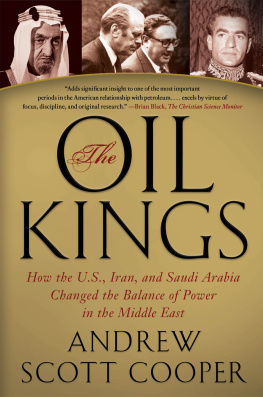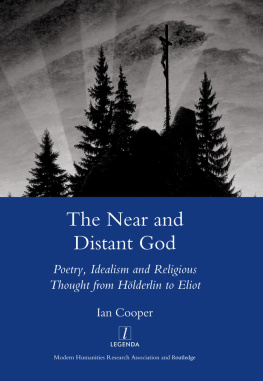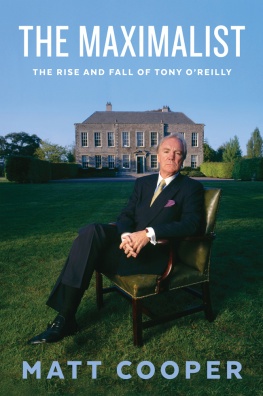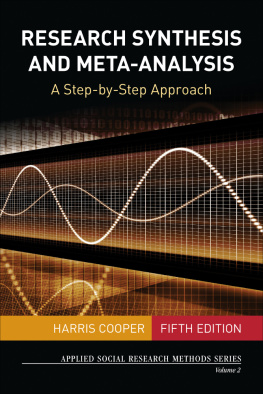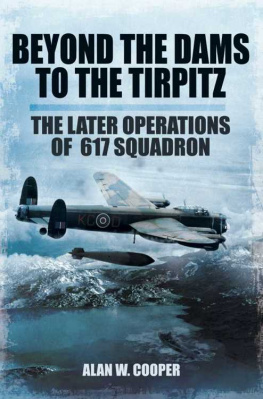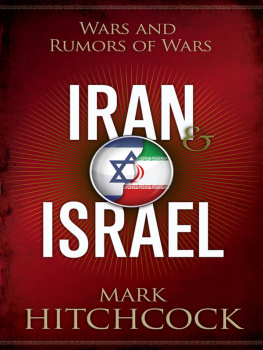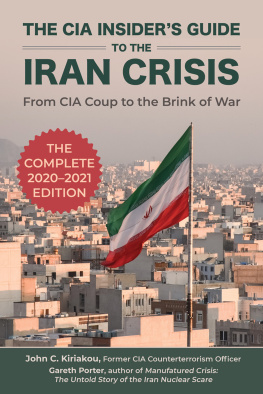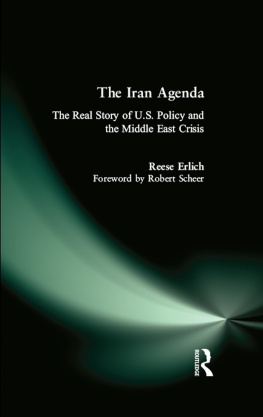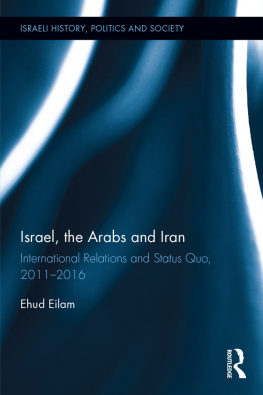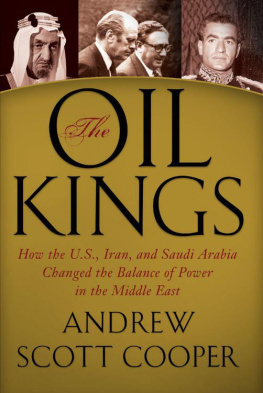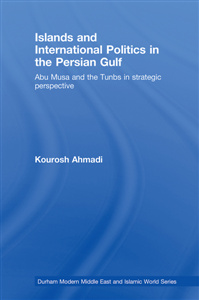Praise for The Oil Kings
Adds significant insight to one of the most important periods in the American relationship with petroleum.... [ The Oil Kings ] excels by virtue of focus, discipline, and original research. Supporting his account, Cooper draws from significant sourcesmost of which were classified until recentlythat re-create the personal relationships that proved crucial to world history.
Brian Black, The Christian Science Monitor
[A] compelling chronicle of Americas involvement with Middle East petroleum states.
Michael Hiltzik, Los Angeles Times
The role of oil in the foreign policy of the United States is the subject of endless conspiracy theories. The reality is both more mundane and more startling than the conventional wisdom would have it.... Mining a rich lode of previously unreleased documents, Cooper uses the very words of the protagonists to tell a story so sensitive that it has remained virtually covert. In doing so, he sheds surprising new light on U.S.Iranian relations and the origins of the Iranian revolution.
Gary Sick, author of All Fall Down: Americas Tragic Encounter with Iran and former member of the National Security Council
As uprisings today rock the Muslim world, with America at war across the region, Andrew Cooper transports us back to where it all began: with the startling diplomatic and military machinations of the seventies, when oil first became a global weapon and the White House was roiled by Vietnam and Watergate. Meticulously researched, vividly told, with an inside-the-room intimacy, The Oil Kings reminds us of the ultimate folly of Americas efforts to dominate world eventsespecially through its co-dependency with rival petro-states. This is an important and powerful book.
Barry Werth, author of 31 Days: The Crisis That Gave Us the Government We Have Today
Cooper skillfully mines previously classified documents to make clear that high-profile inmates were running the foreign-policy asylum.
Paul Jablow, The Philadelphia Inquirer
Relying on a rich cache of previously classified notes, transcripts, cables, policy briefs and memoranda, Cooper explains how oil drove, even corrupted, American foreign policy during a time when Cold War imperatives still applied.... A revelatory, impressive debut.
Kirkus Reviews
Scintillating diplomatic history.... Its centerpiece is Coopers superb, lacerating portrait of Henry Kissinger. As the super-diplomats obsession with great-power rivalries founders in a new world of global economics that he cant fathom, Cooper gives us both a vivid study in sycophancy and backstabbing and a shrewd critique of Kissingerian geo-strategy.
Publishers Weekly
A very detailed and fascinating narrative history of selected USIranianSaudi oil relations during a short but extremely turbulent period three-and-a-half decades ago.
David E. Long, The Middle East Journal
Thank you for purchasing this Simon & Schuster eBook.
Join our mailing list and get updates on new releases, deals, bonus content and other great books from Simon & Schuster.
C LICK H ERE T O S IGN U P
or visit us online to sign up at
eBookNews.SimonandSchuster.com

CONTENTS
To My Family
AUTHORS NOTE
On September 24, 2015, several thousand Muslim pilgrims died during a stampede at the annual hajj pilgrimage in Mecca. Two weeks earlier, 107 people were killed when a nearby crane toppled over in high winds and plunged through the roof of the Grand Mosque. In recent years Islams sacred city had been transformed by a building boom that razed historic neighborhoods and replaced them with skyscrapers, shopping malls, and luxury hotels. The city is turning into Mecca-hattan, complained the director of Britains Islamic Heritage Research Foundation. Everything has been swept away to make way for the incessant march of luxury hotels, which are destroying the sanctity of the place and pricing normal pilgrims out. Many Muslims blamed the Saudi royal family for tolerating the desecration of revered sites associated with the Prophet Mohammad and they saw the twin tragedies at the hajj as the inevitable outcome of years of greed, profligacy, and mismanagement. The fiercest criticism came from Iran, which suffered the most casualties. Supreme Leader Ayatollah Ali Khamenei demanded an apology from Saudi Arabias King Salman and protested delays in repatriating his countrys dead and injured. Protesters in Tehran marched outside the Saudi embassy and clerics called for the Saudi royal family to be tried in the Hague for crimes against humanity. The Saudi authorities responded by accusing their neighbors across the Persian Gulf of politicizing a tragedy and exploiting public grief to settle scores.
The hajj stampede was the latest flashpoint in a series of confrontations between Iran and Saudi Arabia that had escalated since the 2011 Arab Spring revolutions opened a Pandoras box of sectarian and political tensions in the Middle East. Out of the disarray and tumult emerged the regional architecture for a new cold war with Saudi Arabia rallying the regions Sunni population against Iran, which mobilized Shia minorities and associated proxy groups. They took opposing sides in wars raging in Iraq, Syria, and Yemen and did not hesitate to draw in the United States, Russia, France, and Great Britain to support their strategic objectives. The oil markets became the latest frontline in their struggle for supremacy when in the second half of 2014 Saudi Arabia took advantage of a soft oil market to flood the world with surplus crude. Four years earlier The Oil Kings had revealed that the Saudis viewed the oil markets as a legitimate venue for conflict and a weapon to drive down prices to deprive Iran of income to meet financial obligations. Iran will come under unprecedented economic and financial pressure as it tries to sustain an economy already battered by international sanctions, boasted Nawaf Obaid, a security consultant with close ties to the Riyadh regime, in December 2014. He was aware that on two earlier occasions, in 1977 and again in 2008, flooded oil markets caused Irans economy to contract and were followed in short order by social and political unrest.
This time the Saudi flood did not go quite as well as expected, and if anything led to blowback when oil prices failed to rebound to a level that would cushion Saudi Arabias economy while still causing Irans to hemorrhage. The slowdown in growth in China helped ensure that oil prices stayed below $50 per barrel, significantly down from the original peak of over $100 per barrel. Tehran also deftly outmaneuvered Riyadh by signing a historic agreement with Washington to freeze its nuclear program. The nuclear deal allowed Tehran to claim the diplomatic high ground and signaled its willingness to reengage with the global economy. Irans economy still suffered from high inflation and unemployment but by the fall of 2015 it was clear that the Saudis were on the defensive.
Earlier in the year, King Salman had announced a more robust defense posture in the region. Salman was confident that he could pursue a policy of guns and butter, finance generous welfare handouts and wars in Syria, Iraq, and Yemen thanks to the kingdoms foreign exchange reserves. Saudi Arabia also stepped up aid and arms to Egypt, Lebanon, and other Arab states that felt threatened by Iran or internal subversion. Yet Saudi Arabias military was largely untested and the regime faced a formidable foe in Iran. The House of Saud also faced a host of internal problems. Over the years the royal family had passed up repeated opportunities to introduce political reforms while the economy was strong and it ruled from a position of strength. The family had still made no real effort to build viable political institutions that could let off steam during hard times and channel popular discontent away from rather than toward the ruling elite. It had failed to engage the urban middle class, which remained politically illiterate and immature and could be expected to decamp to the south of France at the first sign of trouble. Saudi Arabias overextended economy also raised alarm, with the International Monetary Fund predicting that the kingdom would exhaust its financial reserves within five years if current levels of spending were not curtailed. In short, the House of Saud had failed to learn the lessons from Iran. In 1978 the Shah realized only too late that lavish spending programs did not buy loyalty, and that focusing on industrial development without paying attention to political reform raised the risk of revolution from below.
Next page
